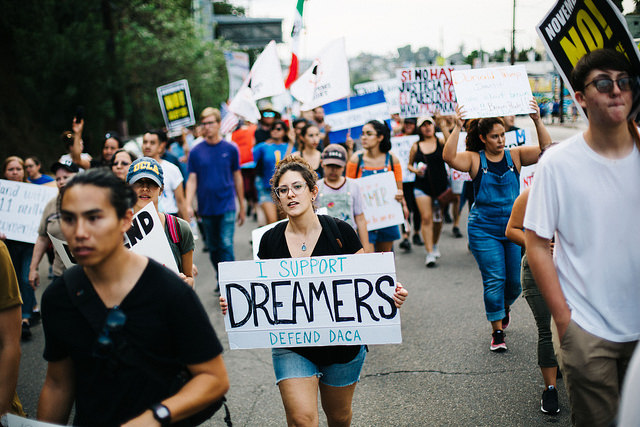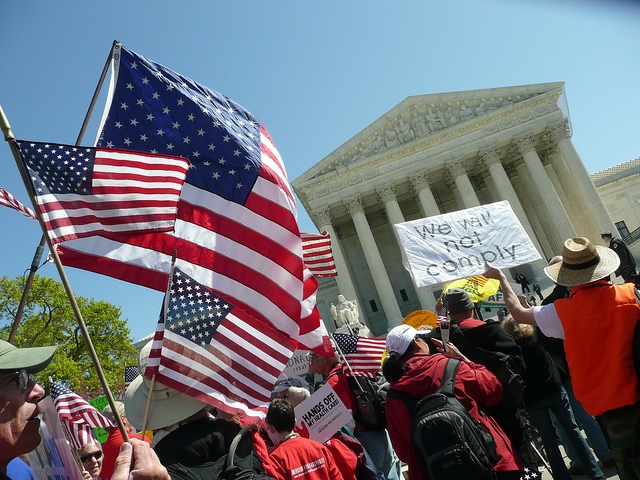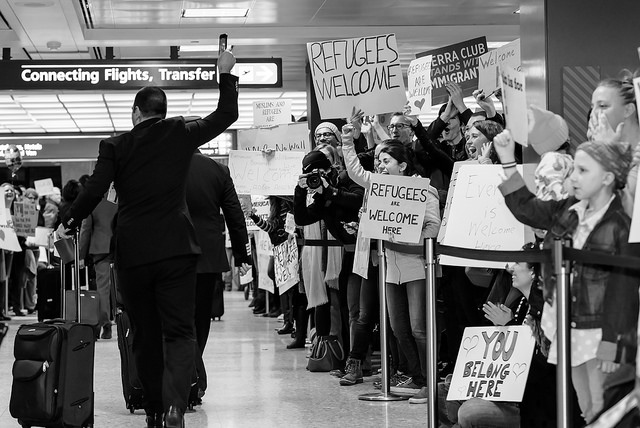On August 8, 2018, DHS issued a policy memorandum directing USCIS to change the way in which the agency counted the days of unlawful presence for F, M, and J status violators.
Under that policy memorandum, F, M, and J nonimmigrants who accrued more than 180 days of unlawful presence during a single stay, and then departed the United States, would trigger either a 3- or 10-year bar to admission depending on the period of unlawful presence accrued in the United States prior to departure. The new policy would begin counting the days of unlawful presence the day after an F, M, or J status violation, unless an exception applied.
These bars would prevent the foreign national from applying for an immigration benefit in the future, without the approval of a waiver of inadmissibility.
This policy was to become effective on August 9, 2018; however, it quickly grew controversial and inspired a slew of lawsuits. Prior to this attempted policy change, USCIS did not begin counting a period of unlawful presence until a USCIS immigration official or immigration judge made a formal finding of a status violation.
 Visa Lawyer Blog
Visa Lawyer Blog










